New Year, Lineage and Exploring Mental Wellbeing
Sandhya Rajayer writes about understanding our feelings, thoughts and behaviour; verbal , non-verbal and pre-verbal.
What is the new year asking of us? To stay safe and be courageous, to be cautious and take risks, to seek our roots and know that we are truly connected with our ancestors.
Every New Year typically begins with resolutions. And ends with more of the same. As we resolve to do more of one thing and less of another we become aware, or most times not, that we have been here before. Some of us may have resolved to become less anxious, some to eat healthy, others to have better relationships. It helps to understand what drives us, or, does not drive us to create inner change. It helps even more to take professional help from therapeutic counsellors. And sometimes it also helps to look at trans generational traumas and their impact.

Research in epigenetics has shown that trauma can impact at least three generations. Yet, we may not be aware of the depth or possibility of trauma our ancestors have experienced. One way to find out is to open up conversations among our elders about the emotional inheritance we have been handed down through generations.
Bert Hellinger, who founded Family Constellations, a therapeutic approach, believed that every family has a common conscience going back generations. Our need to belong to our family, tribe, community, nation comes only next to our need to survive. This sense of belonging is our source of strength. Each generation is called on to adapt to their contextual conflicts, in the process one individual family member may adopt a self-destructive lifestyle and his/her trauma affects the entire family in different ways passed down generations too. Hellinger believed that becoming aware of that family member’s inherent frailty and unconditionally accepting them will empower future generations to fully access the energy and flow of support and strength.
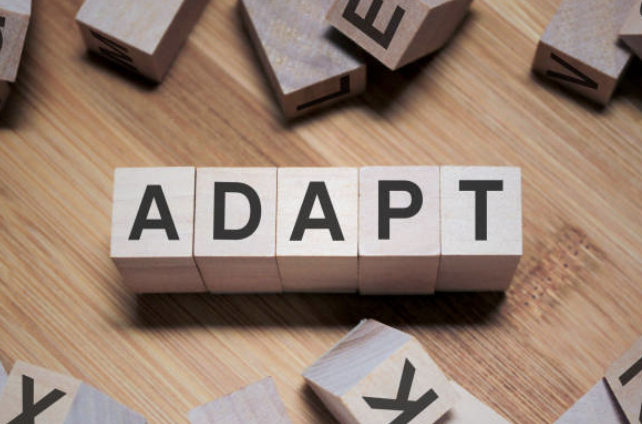
The way we adapt to our environment can also show up as peculiar traits among families. For example, a boisterous rabble rouser uncle may be said to be just like “that family” referring to a specific branch of the family or an aunt who is finicky about dos and don’ts may be said to remind everyone of a caustic matriarch. And your own gruff manner could be an exact copy of an ancestor you have never met.
These theories became experiential truths for me when I visited my ancestral village recently. A narrative emerged of my grandparents’ generosity born not of plenty in the granary but simply of the milk of human kindness. Students were helped with school and college fees, pregnant women offered midwifery, single mothers, shelter, and the elderly a warm bed and a kind word. The household ought to have broken under the weight of this human drama, whereas in fact it ran like a well-oiled behemoth.
My grandmother was frail and ascetic in appearance, but her spare frame cloaked a steely resolve that I had sensed but was far from understanding in my younger years. I had experienced my grandmother as taciturn and I now understood that she had expended her energy in very purposeful ways, in good times and in hard ones. Her tone of voice was terse; her actions imparting a sense of fair play to balance what was with what was not; the immigrant’s quest of adapting to alien conditions. Her ancestors had emigrated from the northern Western Ghats to central Western Ghats in harsh conditions, acclimatizing to the new environment while retaining their cultural legacy of food, fun and hard work.
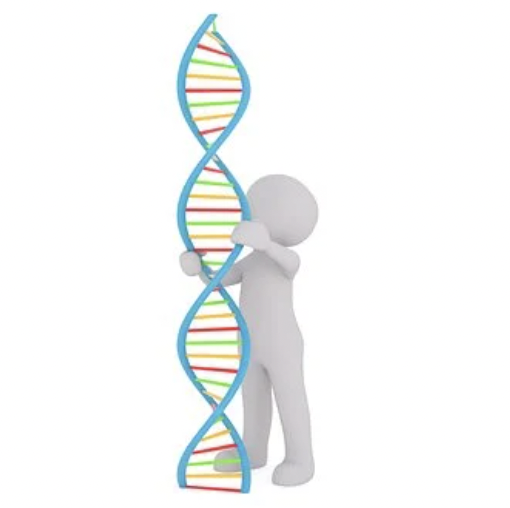
As a nation our generation has moved on from these difficult times. Indeed, many of us have been fortunate to thrive on choices that have resulted in comfort and prosperity. But look around you; generations of women have inherited the taciturn nature and the terse tone of voice. As did I.
Even as I moved around in the home where my grandmother had nurtured her brood and set them free to birth their own, I felt this understanding flowing within me, softening to embrace her lived truths. And although I had gone to say goodbye to my ancestral lands, I felt I had indeed come home.
Where in your life are you seeking missing pieces to emotional puzzles? Perhaps the answers are stored in your trans-generational legacy. Seek them in the land of your ancestors and know that that too is home.
Comments
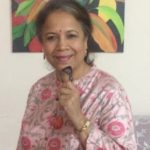

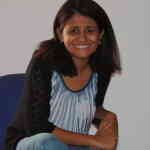

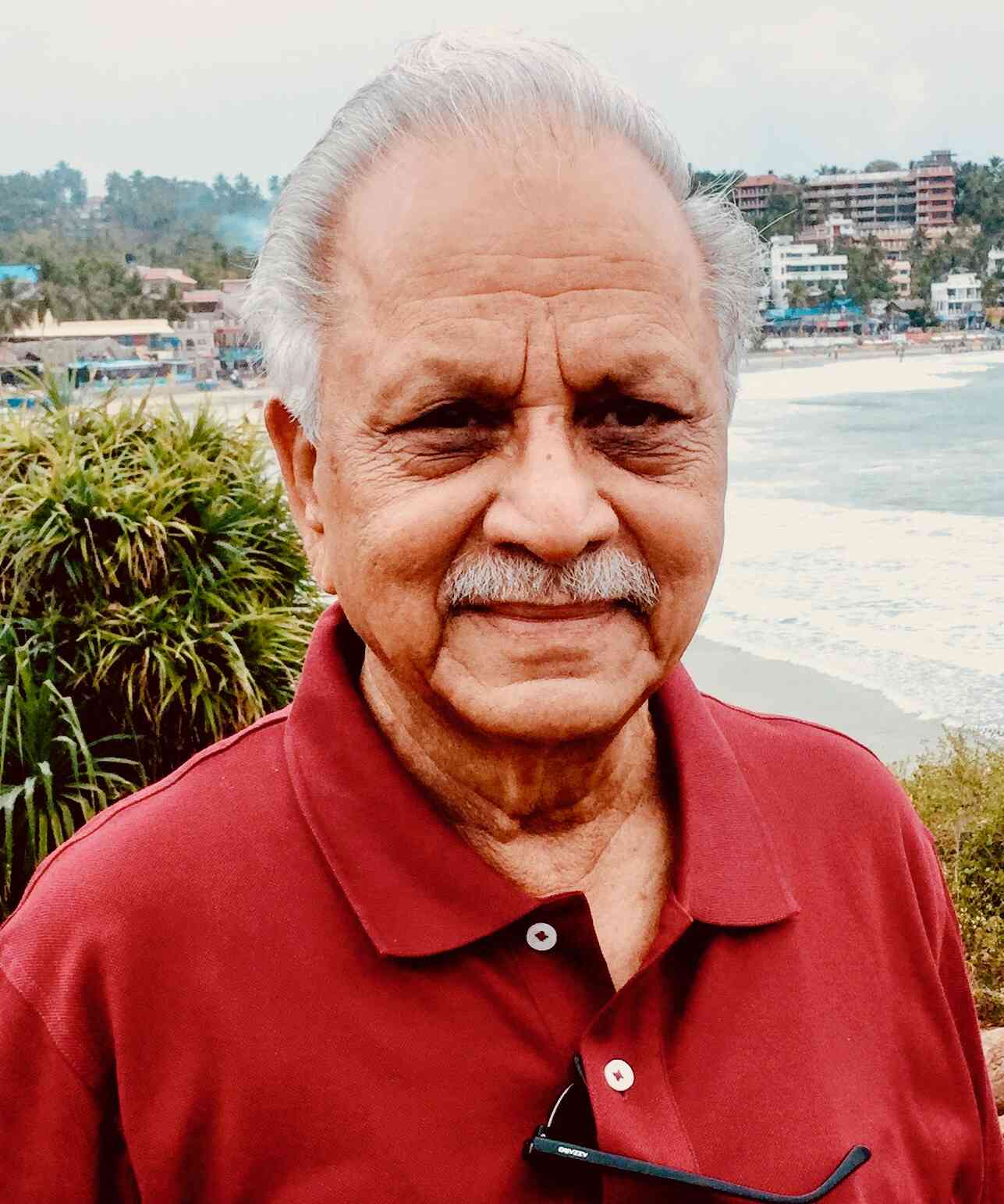

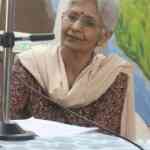
Post a comment